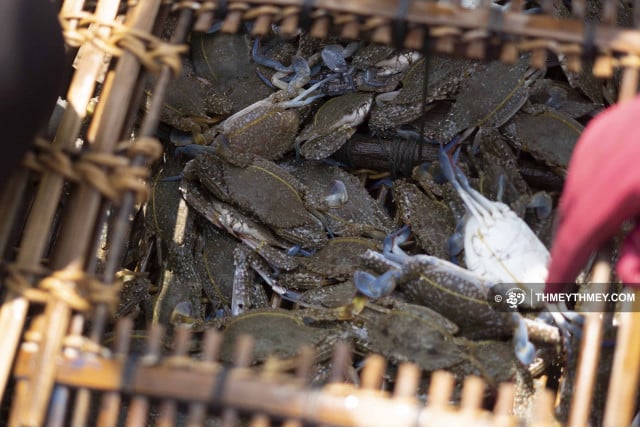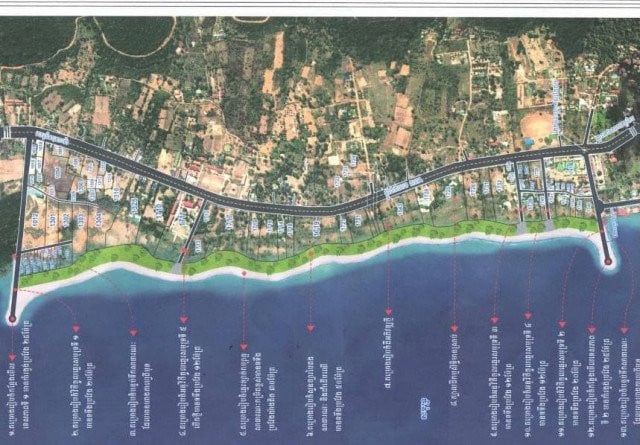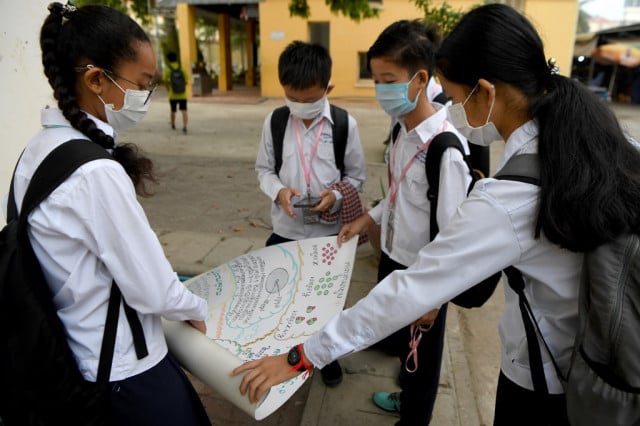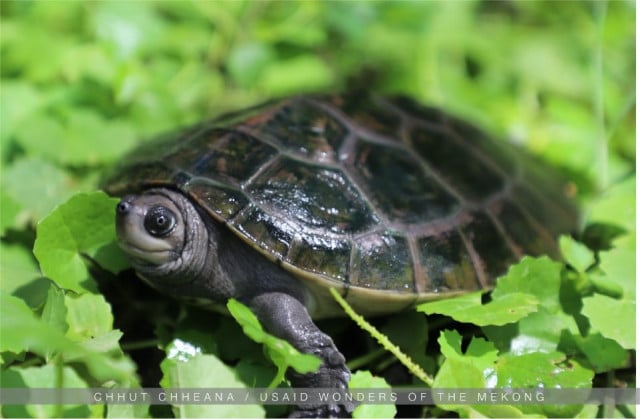ADB Backs Cambodia’s Maritime Fishery Restoration

- By Sam Sopich
- December 9, 2022 2:25 PM
PHNOM PENH – The Asian Development Bank (ADB) approved on Dec. 8 a $73 million financing package to boost the climate resilience and sustainability of coastal and marine fisheries in Cambodia.
The plan’s goal, which goes by the name “Sustainable Coastal and Marine Fisheries Project,” is to increase the climate resilience and sustainability of coastal and marine fisheries in Cambodia, targeting Kampot, Kep, Koh Kong and Preah Sihanouk provinces. It aims to reverse the sharp decline in fisheries, promote sustainable mariculture, and enhance fish landing sites to improve seafood safety.
As unveiled by the ADB on Dec. 8, the project will be financed by three complementary sources: A $41 million loan from ADB, a $22 million grant from ADB’s Asian Development Fund – which provides grants to ADB’s poorest and most vulnerable developing member countries – and a $10 million loan from the ASEAN Infrastructure Fund under its ASEAN Catalytic Green Finance Facility (ACGF).
The Agence Française de Développement (AFD) will also provide co-financing equivalent to $20 million to be administered by ADB.
The fishing sector is an important component of Cambodia’s economy. According to the ADB’s data, the fishing industry as a whole represents between 8 to 10 percent of Cambodia’s GDP. While fishing in rivers and lakes takes the lion’s share of the industry, especially around the Tonle Sap Lake, marine fisheries still account for 13 percent of the country’s fish catches.
However, overfishing, climate change and the destruction of the fish habitat have led to a substantial decline in fish stocks, which has impacted coastal communities and businesses and resulted in an increase in fish prices.
ADB Senior Natural Resources and Agriculture Specialist for Southeast Asia Alvin Lopez said that the project is ADB’s first significant investment in marine fisheries.
“It responds to several key government strategies, including the Strategic Planning Framework for Fisheries 2015–2024, and the Statement of the Royal Government of Cambodia on Marine Fisheries Management Key Principles (2019) for the management, conservation, and development of sustainable marine fisheries resources,” he said.
The project will strengthen Cambodia’s marine fishery while supporting its contribution to shared fish stocks and ecosystems in the Gulf of Thailand.
“It is expected that under the project about 40 percent of the nearshore fishery will be regenerated into [a] more productive and sustainable enterprise,” says a statement issued following the announcement of the financial package.
The ADB funding will enable coastal communities and small businesses to diversify their livelihoods, adopt sustainable practices, and grow into viable enterprises.
“It will also support women’s economic empowerment by scaling up women’s engagement in small and medium-sized enterprises. Overall, the project will benefit 25 community fisheries organizations and members of 15 community-protected areas, comprising nearly 20,000 households, as well as a wider coastal community of about 200,000 people,” according to the statement.
ADB is committed to achieving prosperous, inclusive, resilient, and sustainable development in Asia and the Pacific while sustaining its efforts to eradicate extreme poverty. Established in 1966, it is owned by 68 members, of which 49 are from the region.















